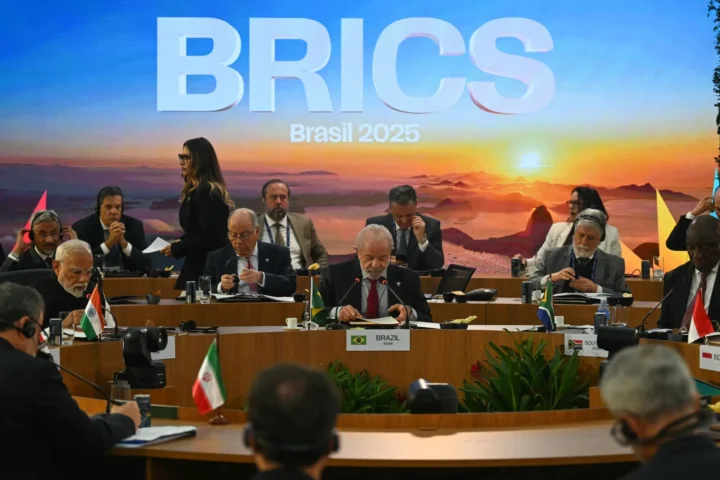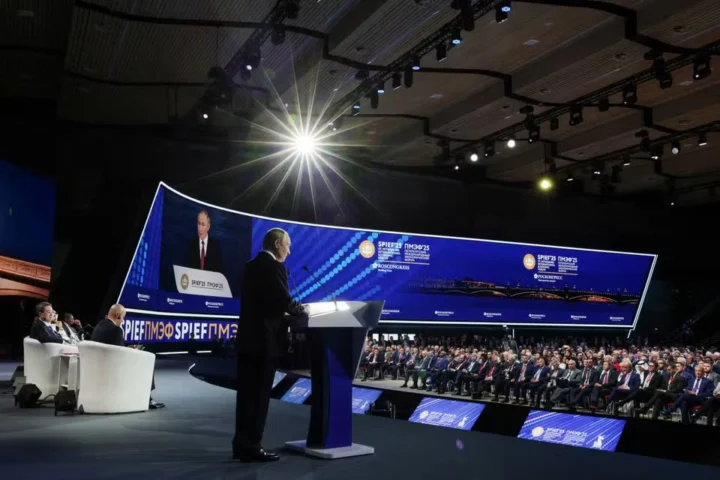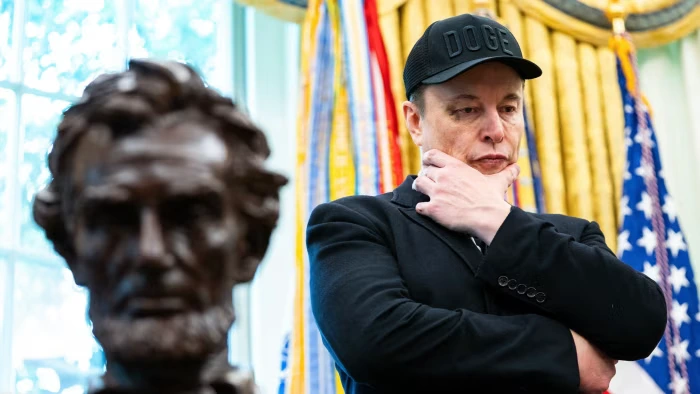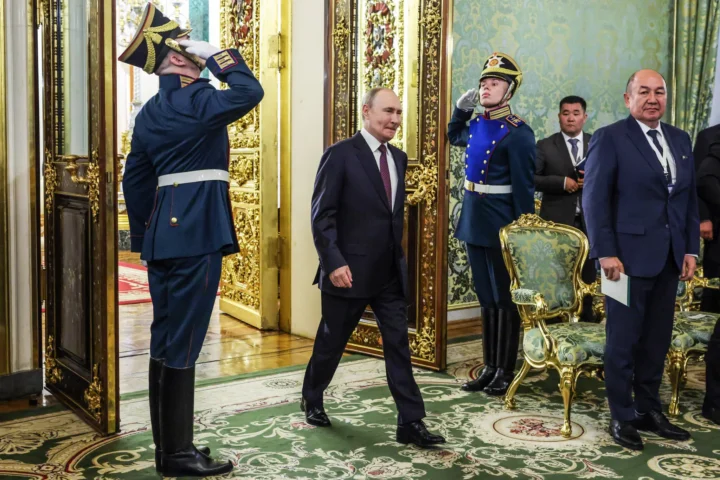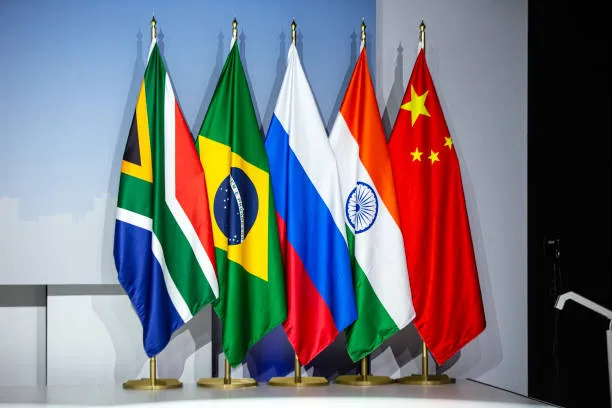The advertising market is undergoing a period of global transformation, driven by technological innovation and changing consumer preferences. Major events in 2024, such as the Paris Olympics, the European Soccer Championship in Germany, and the U.S. elections, have propelled the industry to new heights. However, beneath this rapid growth in ad spending lie significant challenges for advertising agencies.
Record-Breaking Spending: A Trillion Dollars in Advertising
For the first time in history, the global advertising market has surpassed the one trillion dollar mark. According to Group M, this milestone represents a 10% growth compared to the previous year. Sporting events and political campaigns significantly boosted company budgets. Yet, the biggest winners were tech giants such as Google, Meta, and Amazon. Together with Bytedance (Tiktok) and Alibaba, these platforms account for over half of global ad spend.
Artificial Intelligence: A Competitor or an Ally?
Advanced AI technologies, like ChatGPT, are reshaping the advertising landscape. Today, AI can generate ad slogans, videos, and graphics in just minutes. This development raises critical questions about the future of creative roles in advertising.
While automation simplifies many tasks, creativity and strategic thinking remain essential.
As Forbes analysts point out, “Artificial intelligence can handle routine processes, but genuine creativity will always require human input.”
Consolidation and Optimization
In December 2024, major advertising players Omnicom and Interpublic announced a merger. This deal, structured as Omnicom’s acquisition of Interpublic, combines a prestigious client list that includes Apple, Disney, Johnson & Johnson, and Mattel. Industry experts describe the merger as a “defensive act” against growing pressure from tech companies. The consolidation is expected to yield $750 million in cost reductions through streamlined staffing, increased automation, and relocation to lower-cost regions.
Geographic Shifts and Challenges for Traditional Agencies
The advertising market is shifting its center of gravity from Europe to the U.S., creating new obstacles for traditional agencies. Omnicom and Interpublic, which collectively employ over 100,000 people, are planning major restructuring efforts. These include significant job cuts in Europe and the U.S. Meanwhile, both companies struggle to establish a strong foothold in Asia, despite the region’s promising potential.
Looking Ahead: Balancing Innovation and Creativity
Despite the challenges, advertising remains a cornerstone of the global economy. Companies must strike a balance between leveraging AI and preserving human creativity.
As The Economist emphasizes, “The future of advertising lies in the symbiosis of technology and creativity, not in the replacement of humans by machines.”
The industry’s ability to adapt to these new realities will determine its success.
In the age of automation and AI, advertising agencies must rethink their strategies to remain competitive. The events of 2024 demonstrate that innovation is not merely a challenge but also an opportunity for growth and transformation.










